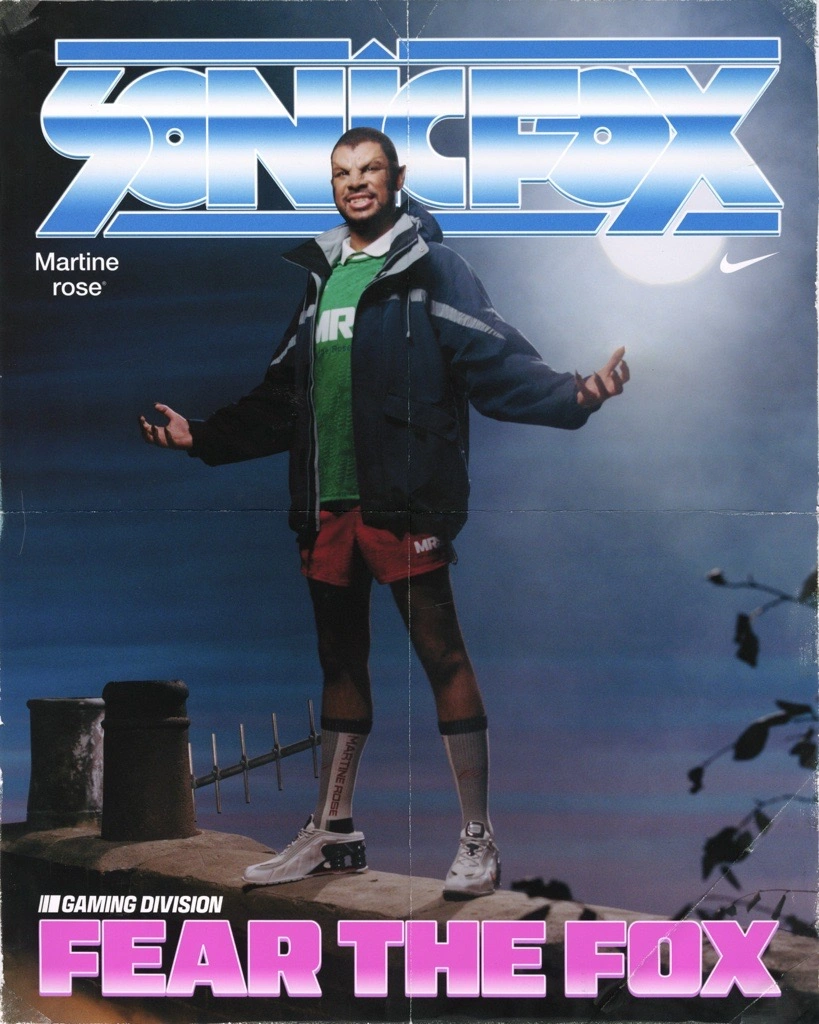The REVERB Hotel by Hard Rock is a fresh concept that seeks to bridge the gap between hospitality and music culture. With its name derived from “reverberation”—a term central to the experience of sound—the hotel sets out to be more than just a place for travelers to rest their heads. It’s marketed as a “destination” that moves to the rhythm of its guests, promising to provide an experience shaped by music, culture, and the personalized preferences of its clientele. But beneath the slick branding and musical themes, does REVERB truly offer something unique, or is it just another trendy hotel catering to the growing millennial and Gen Z market?
The design, concept, and customer experience of REVERB, evaluating whether it lives up to its claim of being a destination that enhances the guest experience through music and modern hospitality practices.
A Concept for Music Fans: Gimmick or Genuine?
At its core, REVERB markets itself as a hotel designed for music fans. The association with Hard Rock Hotels provides a strong branding link to the world of music and rock culture, which already attracts a specific demographic of travelers—those who are passionate about live music, performances, and a rock-and-roll lifestyle. But unlike its more established Hard Rock Hotel counterparts, REVERB seems to pivot towards a more youthful and digitally savvy crowd, blending modern hotel features with music-inspired design.
The question that arises, however, is whether the “music fan” angle is a genuine reflection of the hotel’s atmosphere and guest experience, or if it is merely a marketing gimmick aimed at pulling in travelers who are looking for a niche hotel stay. Upon first glance, the association between “reverberation” and a musical atmosphere is intriguing. But what does it actually mean for guests? Will they hear curated playlists as they move through the hotel? Will they be immersed in music-themed décor and architecture? Will the hotel offer music-related amenities that go beyond surface-level theming?
For a hotel to truly cater to music fans, it needs to go beyond branding and tap into the authentic experience of being a fan—whether that’s through live performances, exclusive music content, or design elements that engage guests in a way that speaks to their passion. If REVERB can create an environment where music lovers feel genuinely connected to their interests, then it has the potential to be more than just a gimmick. If not, it risks being seen as another example of corporate branding trying to capitalize on a cultural trend.
The Name: Reflecting Experience or Playing with Words?
The name “REVERB” evokes a very specific image for anyone familiar with music. Reverberation is the effect that sound has on its surroundings, creating an echo-like sensation that can fill a space with energy or mood. In choosing this name, the hotel implies that its very identity is shaped by sound and music, suggesting that guests will feel the “reverberation” of music throughout their stay.
However, the name alone raises expectations that the hotel must work hard to meet. Simply branding a hotel with a music-related name is not enough to create a meaningful experience for guests. The “reverberation” theme should be woven throughout the entire guest journey—from the moment they check in to the time they leave. This could be accomplished through thoughtful details, such as customizable in-room music experiences, live music events, sound design integrated into the architecture, or even offering spaces where musicians can practice or perform.
The idea of a hotel that “moves to the rhythm of its guests” is also intriguing, but vague. Does this mean the hotel adjusts its offerings based on guest feedback or personalized preferences? Or is it simply an empty phrase meant to suggest that REVERB is a cool, vibrant place to stay? For the hotel to truly reflect the rhythm of its guests, there needs to be a personalized, curated experience that allows guests to shape their own stay. This could involve everything from tailored playlists to personalized room settings, or even the opportunity to engage with interactive music-themed features that are unique to the hotel.
Technology and Personalization: Catering to the Digital Generation
One of REVERB’s selling points is its focus on technology and customization. Modern travelers, especially millennials and Gen Z, expect more than just a comfortable bed and decent Wi-Fi from their hotel stays. They look for experiences that are seamless, connected, and tailored to their individual preferences. REVERB aims to cater to this digital-first generation with features such as keyless room entry, smart technology in rooms, and app-based services that allow guests to control their stay from their smartphones.
This focus on technology aligns with current trends in the hospitality industry, where convenience and personalization are increasingly valued. Guests want to feel in control of their experience, whether that’s adjusting the lighting and temperature in their rooms, ordering room service via an app, or receiving personalized recommendations based on their interests.
However, the critical question is whether REVERB’s technology features truly enhance the guest experience, or if they are simply an added layer of convenience that most modern hotels now offer. For REVERB to stand out, its tech integrations should feel purposeful and contribute to the overall theme of the hotel. For example, could guests use technology to create their own music mixes or discover new artists during their stay? Could the app offer a deeper dive into music culture, such as streaming exclusive content from up-and-coming bands or providing backstage access to nearby music venues?
Simply offering the same technology that many high-end hotels now provide may not be enough to differentiate REVERB in a competitive market. Instead, the tech should feel like an integral part of the music-inspired experience.
A Destination, Not Just a Hotel: The Importance of Community and Culture
REVERB’s claim of being “more than just a place to sleep” suggests that the hotel wants to be a cultural hub, a place where music lovers and travelers come to connect, share experiences, and engage with their passions. This idea of the hotel as a destination reflects a broader trend in the hospitality industry, where hotels are increasingly seen as lifestyle brands rather than just places to stay.
To achieve this, REVERB will need to go beyond the traditional hotel model and offer spaces and events that foster a sense of community. Music fans thrive on shared experiences, whether that’s attending concerts, discussing their favorite artists, or discovering new music together. If REVERB can create environments that encourage this kind of interaction—such as communal spaces designed for live performances, jam sessions, or music listening parties—then it has the potential to become a true destination for its target demographic.
Additionally, the hotel could leverage partnerships with local music venues, artists, and promoters to create exclusive events and experiences that guests can’t find elsewhere. This would help solidify REVERB’s status as a cultural hub for music fans, not just a themed hotel.
The Potential and Pitfalls of REVERB
In many ways, REVERB by Hard Rock taps into several key trends in hospitality—technology, personalization, and the blending of lifestyle and travel. Its branding and focus on music culture certainly have the potential to attract a specific demographic of travelers who are looking for a more immersive and experience-driven stay. However, the challenge for REVERB lies in ensuring that its music-inspired concept goes beyond surface-level theming and truly delivers on its promise of being a destination for music fans.
For REVERB to succeed, it needs to create an authentic connection to the world of music, offering guests more than just a room with a bigger TV and keyless entry. The hotel should foster a sense of community, provide personalized music experiences, and integrate technology in a way that feels meaningful and connected to its core identity. If REVERB can achieve this, it will not only live up to its name but also set a new standard for music-inspired hospitality. If not, it risks being seen as yet another trendy hotel with a catchy theme but little substance.
No comments yet.








